What’s a Tangelo? A Yuzu? Or a Pluot? The answer— a hybrid fruit that’s wonderfully delicious and worth a try.
by Maya Dangerfield
Tangelo, Ugli, Rangpur Fruit, Pluot, and Yuzu. All are hybrid fruits and most are fruits that consumers have rarely seen. But just like the rise of the Meyer lemon (a fellow hybrid) these fruits are poised to become the next can’t-live-without fruit favorites.
Whether we realize it or not hybrid fruits are commonly found in grocery stores and farmer market across the country. The juicy boysenberry is a hybrid (combination of raspberries, loganberries and black berries) as well as the common garden strawberry (a meeting of Virginia strawberry and the Chilean strawberry). The result of human or natural cross pollination—a swap of pollen from one fruit flower to another—hybridization occur between fruits (or vegetables) of the same species or genus. In fact, all species of fruits and vegetables have undergone hybridization within their cultivation. While the Pluot is a recent innovation from botanist Floyd Zaiger, hybrids like the ugli, are a natural melding of oranges, grapefruits and tangerines. Whether sweet, sour or tangy, these hybrids are uniquely delicious and well worth a try.
Tangelo. A deliciously sweet fruit most often mistaken for an unusually shaped orange, the tangelo is a bright red-orange hybrid of a tangerine and grapefruit. With an unmistakable sweetness countered by a tart aftertaste (courteous of its grapefruit ancestor), tangelos are the size of a fist and topped by a characteristic knob. Alternatively known as Honeyballs, tangelos are seedless, easy to peel and have a thick skin similar that of oranges. The most popular and prolific variety of the tangelo is the Minneola, a cross between the Duncan grapefruit and Darcy tangerine. An incredibly juicy and flavorful variety, Minneola tangelos can be substituted for oranges or tangerines in any recipe, for a slightly sweeter result. December through February is the best times to consume this fruit.
Ugli Fruit. A Jamaican variety of tangelo, the ugli is naturally occurring hybrid before its large-scale cultivation beginning in the early 20th century. Believed to be a combination of a Seville orange, grapefruit and tangerine, the yellow and green skinned fruit was found in the wild before becoming a popular Jamaican snack and breakfast favorite. Inside the thick pebbled skin marked with an array of divots, the yellow flesh is reminiscent of both a naval orange and white grapefruit. Available between December and April, this hybrid will cost more than the typical supermarket orange because the fruit is exclusively grown in and exported from Jamaica.
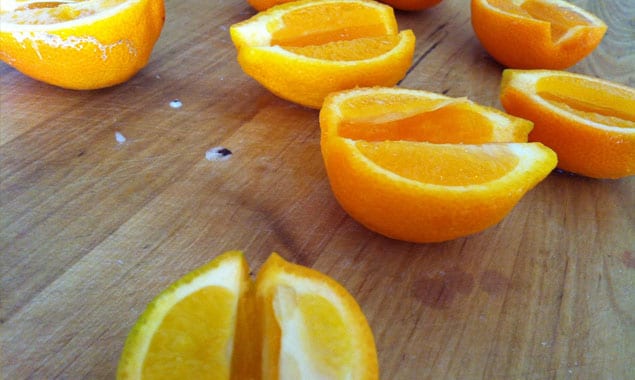 by Jess at lifeofmymouth.com
by Jess at lifeofmymouth.com
Rangpur Fruit. A tart hybrid of the Mandarin orange and a lemon, the Rangpur fruit, also known as a lemanderin, Kona lime or marmalade lime, is a small fruit round roughly the size of a Mandarin orange. Heralding from Southeast Asia, the Rangpur fruit is believed to have originated in Bangladesh before spreading north. The fruit is tart rather than sweet, is seedless like a lime and bright orange in color. An excellent substitute for lemons or limes, Rangpur fruits are often made into marmalade or mixed into fruit juices. The best time to consume a Rangpur fruit is between November and December.
Pluot. Is a second generation hybrid of plums and apricots. Rather than being an equal mix between the two fruits, pluots resemble the plum rather than an apricot and are generally 60-75% plum. Derived from the plumcots (a 50-50 hybrid of plums and apricots by Luther Burbank), pluots were bred (and patented) by Floyd Zaiger. Today more varieties of pluots, with names like dinosaur eggs and dapper dandies, are making their way into grocery stores across the nation. With a thin, delicate skin that ranges from magenta to a rhubarb red, pluots are a semi-tart and juicy summer staple. Great in fruit salads, or eaten raw, pluots are available from May until September.
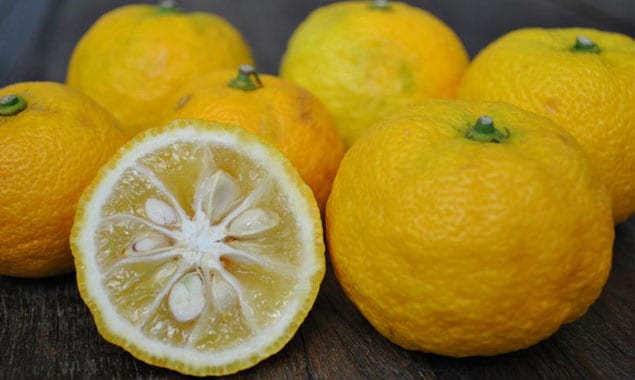 by Becky Wheeler at fruitmaven.com
by Becky Wheeler at fruitmaven.com
Yuzu. Much like the ugli, the yuzu isn’t much of a looker. But inside the bright yellow, unevenly textured skin is a delicious fruit with an intense citrus taste. A hybrid of the sour mandarin and Inchang Papeda (a hard citrus fruit native to China), the yuzu is common in Asian markets, but harder to find mainstream stateside grocery chains. Smaller than a mandarin orange, with a thick, hard to peel skin, the fruit is equally tart and acidic, with a taste reminiscent of a concentrated lemon. Traditionally, this fruit is most valued for its rind, which yields a zest that’s used in everything from sauces, tea, and salsas. Rumored to have three times as much vitamin c than lemons, Yuzu pack a powerful punch and is available in September.
Have a favorite hybrid that people should try? Let us know in the comment below or talk to us on Twitter


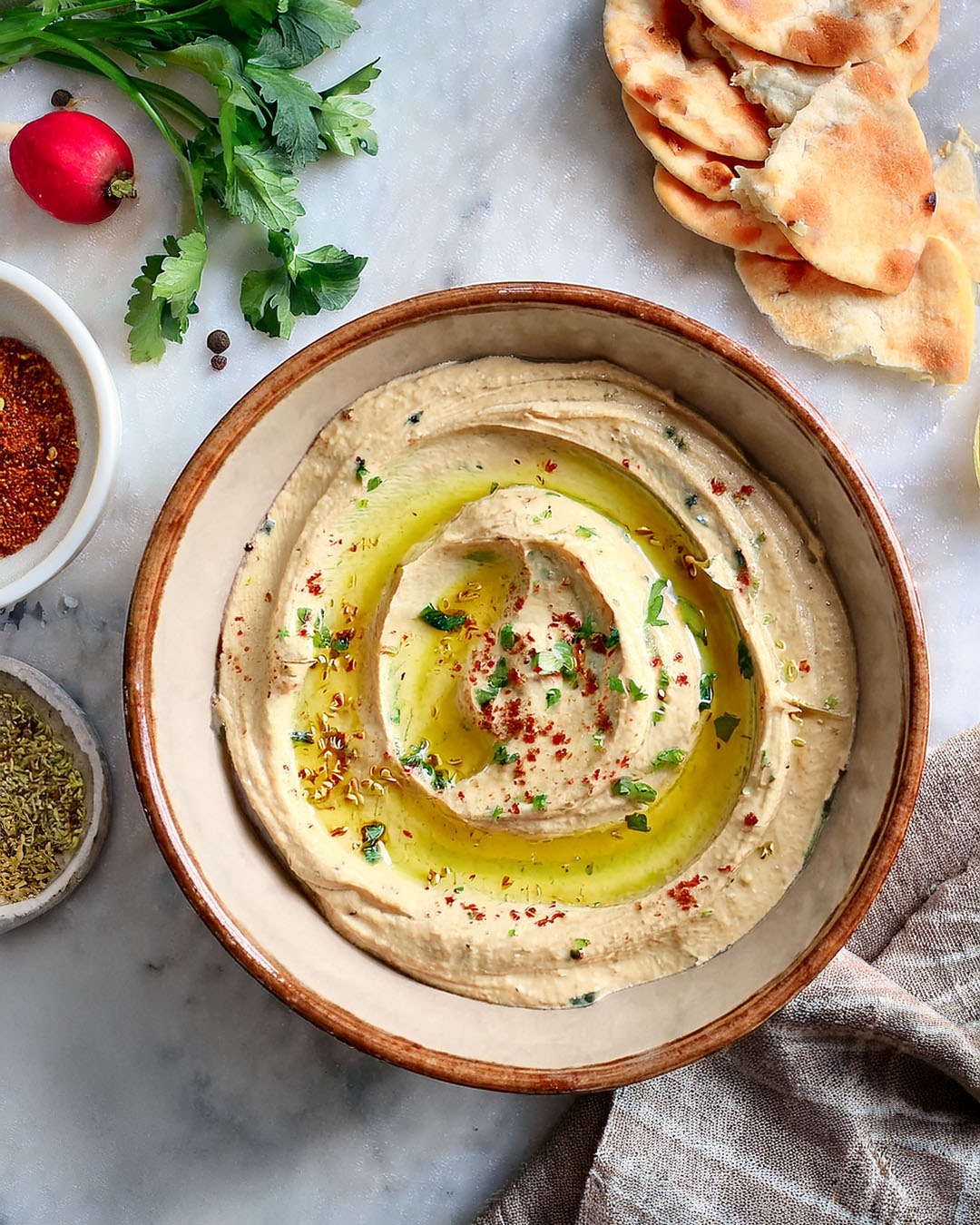


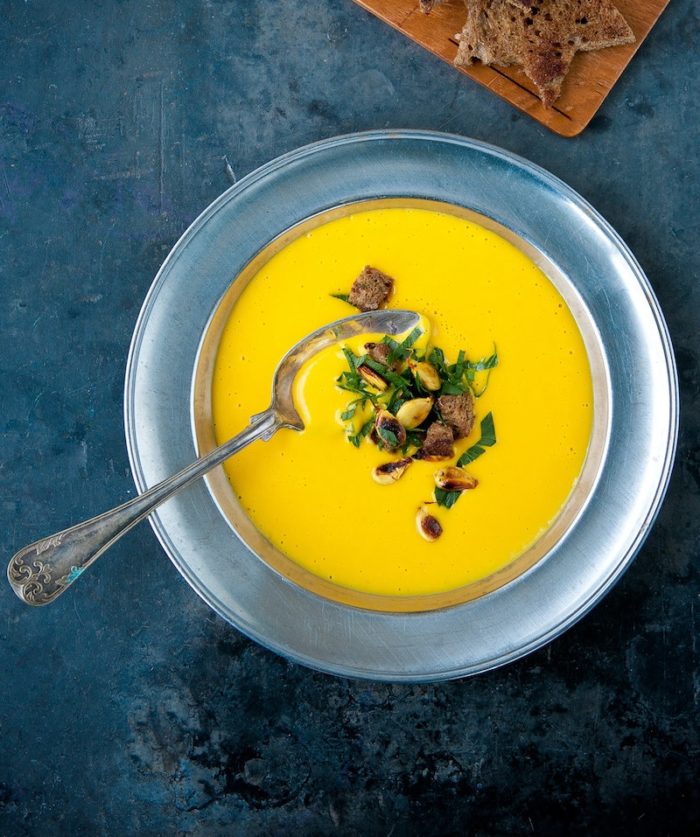
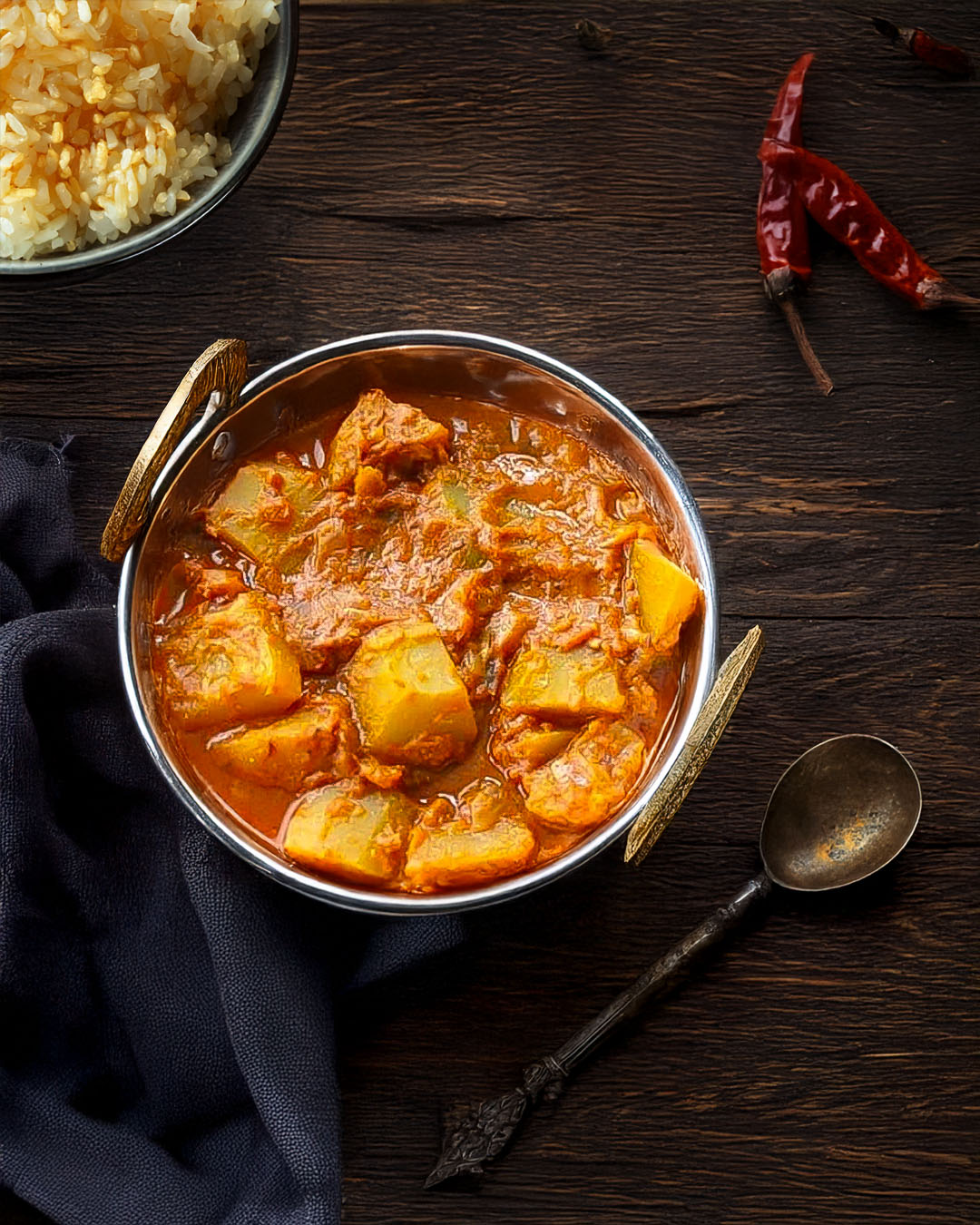
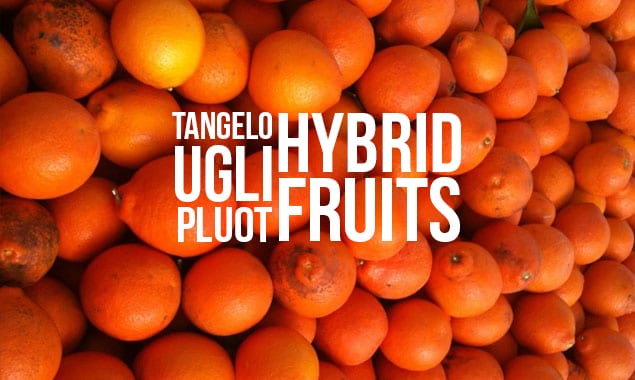
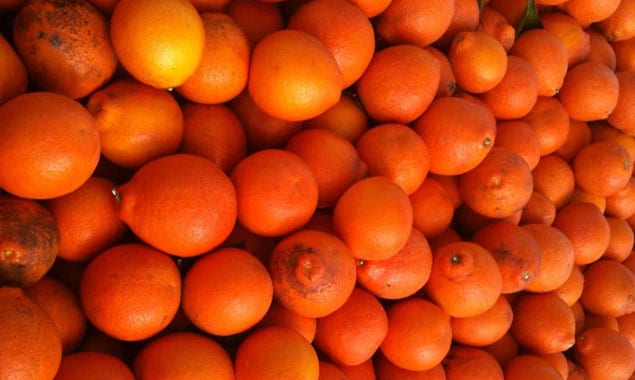
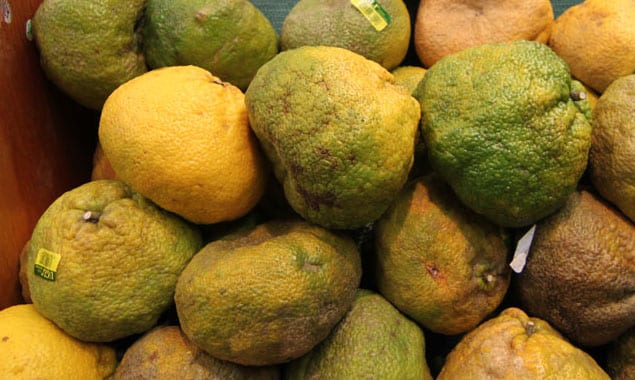
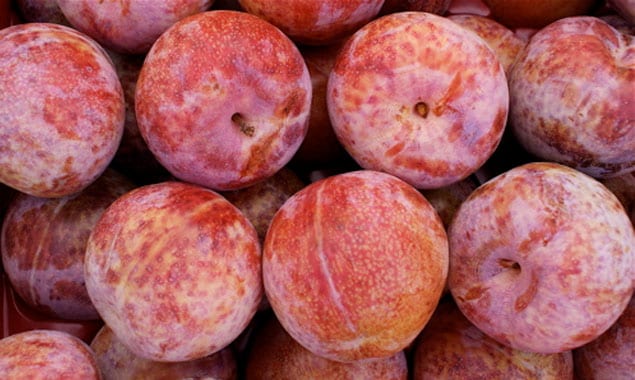




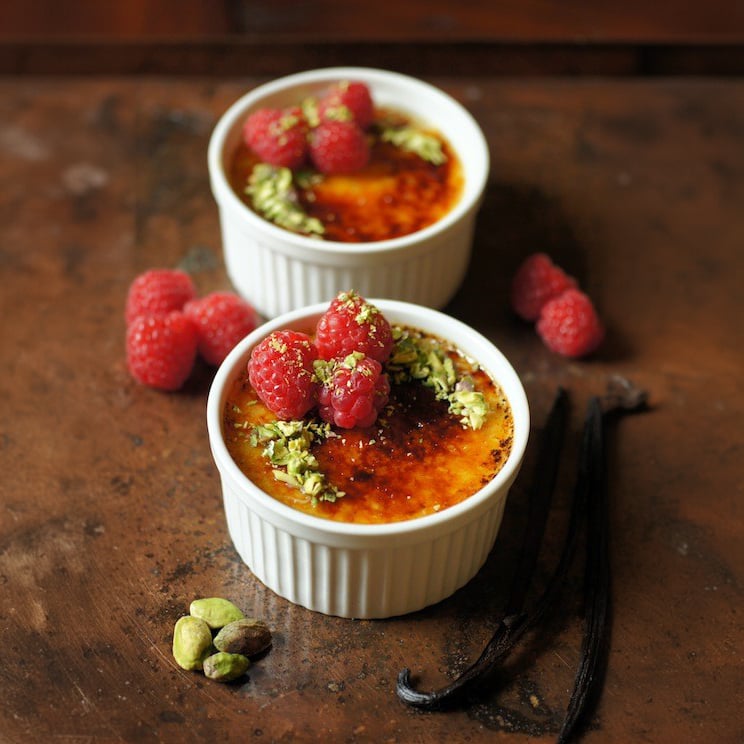
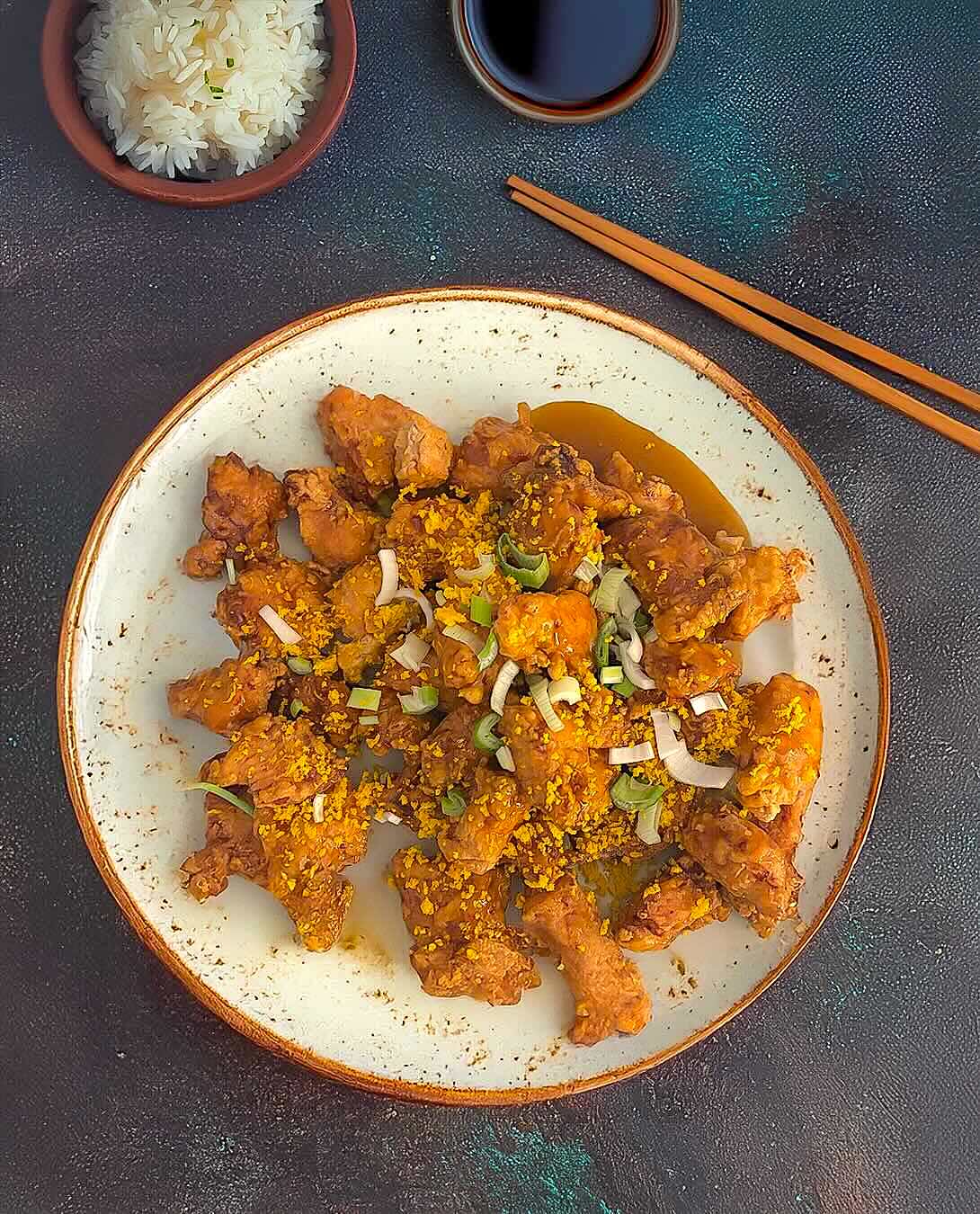
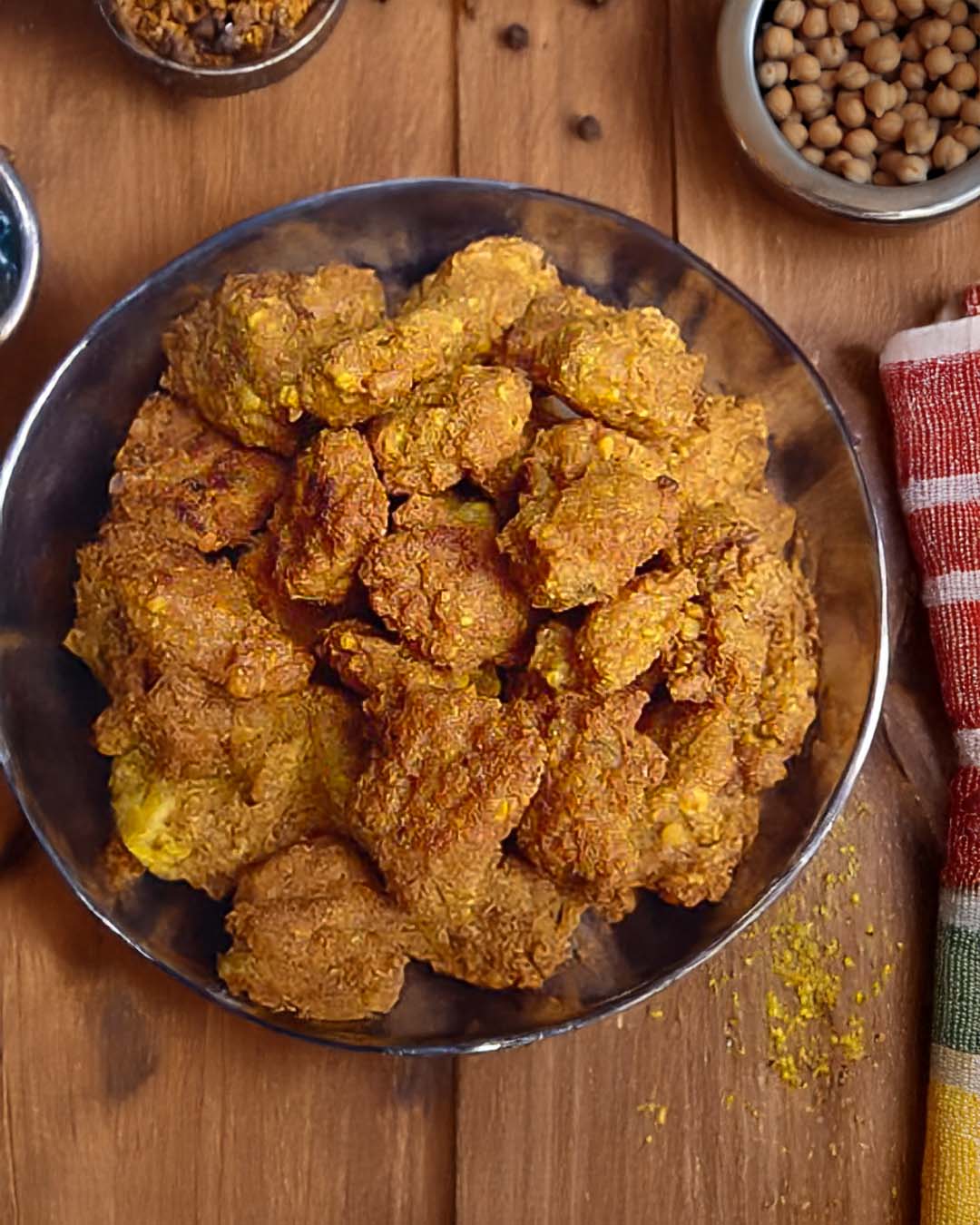
Here in Mexico are the Best Tangerines But This Tangelo One is a Miss Here
I will Search for this in HEB
Leave you with a Mexican Vegan Restaurant
Yolist Xoxo Comida Saludable / Restaurante Vegano
Gabriel García Márquez 100, Rincón del Contry, 67140 Guadalupe, N.L.
+528125317971
great piece
Tangelos are the freaking best. I lalalalaloooooove them. However they are the only ones have had on this list.
I plan on placing an order at a warehouse for them and I don’t care how much I spend lol.